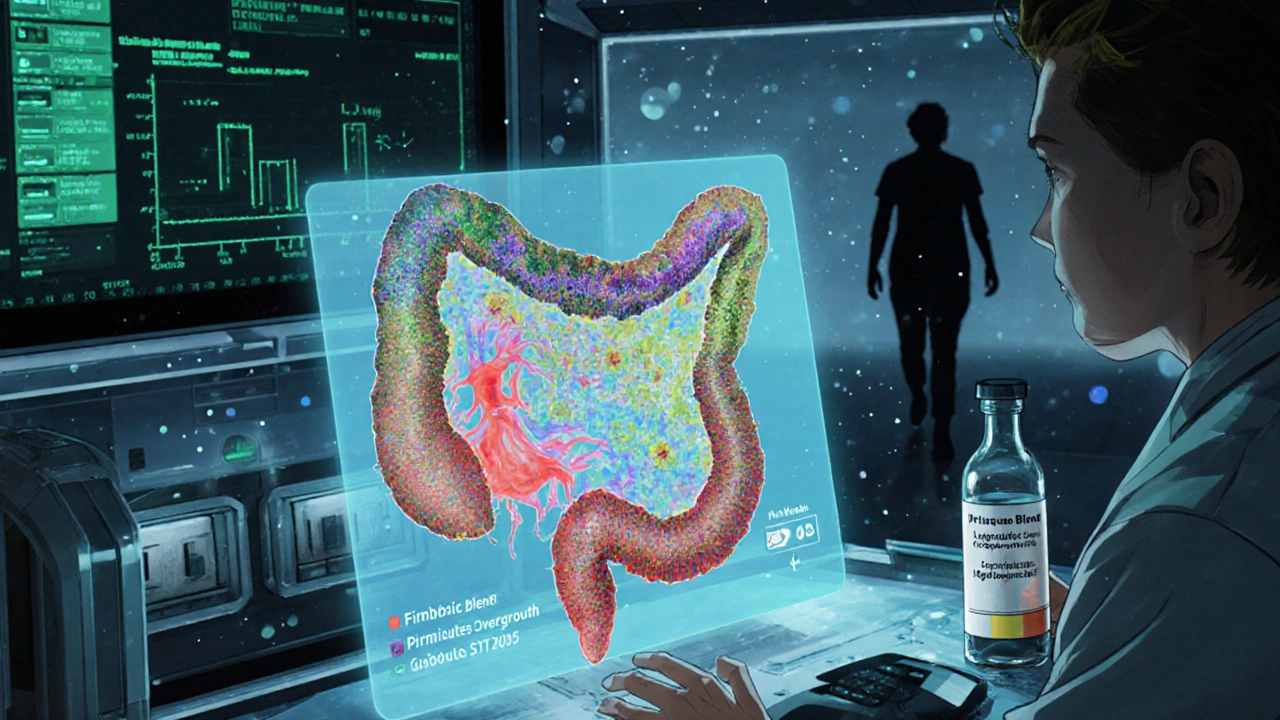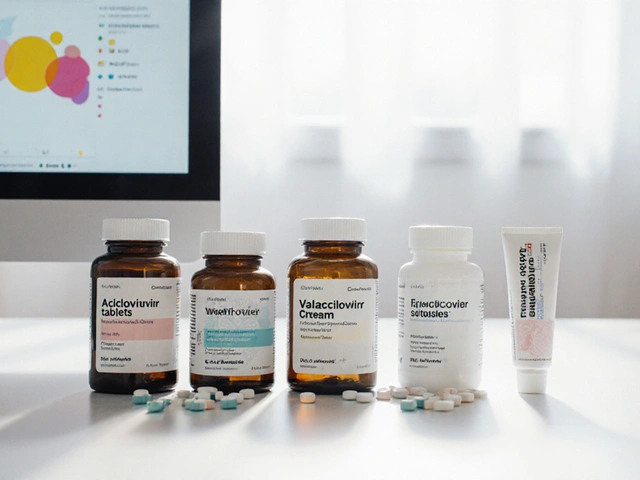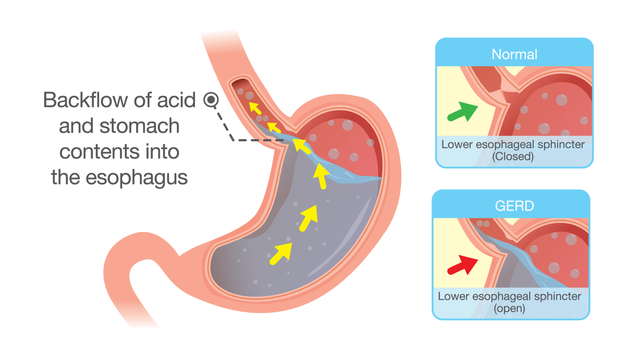
What if the key to losing weight isn’t just eating less or exercising more-but fixing what’s happening inside your gut? It sounds strange, but science is showing that the trillions of bacteria living in your intestines might be playing a bigger role in obesity than we ever thought. These microbes, called gut microbiota, don’t just help digest food. They influence how many calories you pull from your meals, how your body stores fat, and even how hungry you feel. And when this system gets out of balance, it can make weight loss incredibly hard-even when you’re doing everything right.
How Your Gut Bacteria Affect Weight
Your gut is home to more than 1,000 different types of bacteria, along with viruses, fungi, and other microbes. Together, they weigh about 1-2 kilograms-roughly the same as your brain. In lean people, these microbes work together to keep inflammation low, support healthy digestion, and help regulate metabolism. But in people with obesity, the balance shifts. Studies show that obese individuals often have more Firmicutes and fewer Bacteroidetes. This ratio, called the Firmicutes/Bacteroidetes ratio, is higher in obese adults and teens compared to lean ones. In one 2023 study of Brazilian adolescents, the ratio was 2.3:1 in obese teens versus 1.7:1 in those with normal weight.
This imbalance isn’t just a side effect of being overweight-it might be part of the cause. These gut microbes help break down fiber that your body can’t digest. In people with an obesity-linked microbiome, they’re more efficient at extracting calories from food. That means you might be absorbing 2-10% more energy from the same meal than someone with a healthier gut. That extra energy doesn’t disappear-it turns into fat.
Another problem? Leaky gut. When the gut lining becomes more permeable, harmful bacterial byproducts like lipopolysaccharides (LPS) slip into the bloodstream. This triggers low-grade inflammation, which leads to insulin resistance. And insulin resistance? That’s the first step toward type 2 diabetes and stubborn belly fat. Obese individuals often show 40-60% higher levels of zonulin, a protein that opens up the gaps between gut cells. More leaks. More inflammation. More weight gain.
Probiotics: Do They Really Help?
Probiotics are live bacteria you take to restore balance in your gut. They’re found in yogurt, kefir, sauerkraut, and supplements. Not all probiotics are the same, but some strains have shown real promise in clinical trials. The most studied include Lactobacillus rhamnosus GG, Lactobacillus gasseri SBT2055, Bifidobacterium longum, and multi-strain blends.
In a 2022 Japanese trial, overweight adults who took Lactobacillus gasseri SBT2055 daily for 12 weeks lost 7.9% of their visceral fat-the dangerous fat around organs. That’s more than most diets achieve in the same time. Another study with 2,345 participants across 28 trials found that probiotic users lost an average of 1.78 kg and reduced waist circumference by 2.56 cm. But here’s the catch: their BMI didn’t change much. Why? Because probiotics seem to target fat distribution more than total weight.
What’s even more interesting? Probiotics don’t just help you lose weight-they improve your metabolism. One 2017 study gave overweight people a high-dose probiotic mix along with omega-3s. After 12 weeks, their total cholesterol dropped by 12.3%, insulin sensitivity improved by 18.7%, and inflammation markers like CRP fell by 24.5%. That’s not just weight loss-it’s metabolic healing.
Synbiotics: The Better Option?
What if you could feed the good bacteria at the same time you’re adding them? That’s what synbiotics do. They combine probiotics with prebiotics-fibers like inulin or FOS that feed beneficial microbes. A 2025 review of 15 trials found that synbiotics led to 37% more weight loss than probiotics alone. Why? Because prebiotics help the good bacteria survive, grow, and stick around longer. They also boost production of short-chain fatty acids (SCFAs) like butyrate, which reduce inflammation and improve insulin sensitivity.
Obese people often have 15-20% lower butyrate levels than lean people. Synbiotics can help fix that. In one trial, participants on synbiotics saw SCFA levels rise by 15-25%. That’s not just a number-it means better gut lining, less inflammation, and more stable energy levels throughout the day.

Why Doesn’t It Work for Everyone?
Here’s the uncomfortable truth: probiotics don’t work the same for everyone. In some people, they make a big difference. In others, nothing changes. Why? Because your gut microbiome is as unique as your fingerprint. A 2024 review found that probiotics were 22% more effective in Asian populations than in Western ones. Researchers think this is because baseline microbiome differences affect how well new strains can take hold.
Also, 38% of the probiotic strains studied showed no effect on weight at all. And even when they do work, the benefits often fade. About 60-80% of the positive changes reverse within 8-12 weeks after stopping supplements. That’s because probiotics are visitors, not residents. Unless you change your diet and lifestyle, your original microbes will take over again.
Another issue? Dose matters. Most studies use between 10^9 and 10^11 colony-forming units (CFU) per day. That’s a lot. Many store-bought supplements contain far less. And timing? Some research suggests taking probiotics with meals improves survival through stomach acid. Others say fasting may help them colonize better. We still don’t know the best approach.
How Probiotics Actually Work in the Body
It’s not magic. Probiotics affect obesity through real, measurable biological pathways:
- Strengthening the gut barrier: They increase proteins like occludin and claudin-1 by 30-40%, helping seal the gaps in your intestinal lining.
- Reducing inflammation: They lower TNF-alpha by 25-35% and IL-6 by 15-25%, which helps reverse insulin resistance.
- Modulating bile acids: They change how your liver recycles bile, which affects fat digestion and storage.
- Boosting appetite hormones: Some strains increase GLP-1, a hormone that makes you feel full and helps your pancreas release insulin properly.
These effects aren’t just theoretical. They show up in blood tests, body measurements, and even brain scans that track hunger signals. Probiotics don’t burn fat directly. They fix the broken systems that make fat hard to lose.

What the Experts Say
Dr. Susan S. Pereira from Oxford calls gut microbiota manipulation a “promising and novel treatment approach”-but warns we still don’t know the best dose or timing. Dr. Chen Fei, who studies adolescent obesity, says we need larger, longer trials to figure out which strains work for whom. And then there’s the contradiction: a 2025 Nature meta-analysis found no significant BMI reduction from probiotics in overweight people, while other studies show clear fat loss.
Why the mismatch? Many studies include people with type 2 diabetes or other metabolic disorders, which muddy the results. Others use low-quality supplements with unclear strains or doses. And most trials last only 12 weeks. Obesity didn’t develop in 12 weeks. Why would we expect it to reverse that fast?
Dr. Alvarez-Arrano and Martin-Pelaez point out another gap: most studies measure weight and blood markers-but not the actual changes in gut bacteria. We’re treating symptoms without checking if the fix is working at the microbial level.
What Should You Do?
If you’re struggling with weight and suspect your gut might be part of the problem, here’s what actually works:
- Choose the right probiotic: Look for supplements with Lactobacillus gasseri SBT2055, Bifidobacterium longum, or a multi-strain blend with at least 10 billion CFU per dose.
- Try synbiotics: Pick a product that includes prebiotics like inulin or galactooligosaccharides (GOS). You’ll get better results than probiotics alone.
- Take it consistently: Don’t skip days. Benefits build over time. Aim for at least 8-12 weeks before evaluating results.
- Change your diet: Probiotics need fuel. Eat more fiber-vegetables, legumes, whole grains, nuts, and seeds. Avoid ultra-processed foods and added sugars, which feed bad bacteria.
- Be patient: This isn’t a quick fix. It’s a long-term reset. The best results come from combining probiotics with better food, movement, and sleep.
And if you’re not seeing results after 3 months? Talk to a healthcare provider who understands gut health. You might need a stool test to see what’s really going on in your microbiome. Personalized approaches are coming-and they’ll be the future of weight management.
What’s Next?
Researchers are now building algorithms to predict who will respond to which probiotic, based on their unique gut profile. Early pilot studies are 65-75% accurate. Imagine a future where your doctor doesn’t just prescribe a pill-but a custom probiotic blend, designed just for your microbiome.
For now, the evidence is clear: gut health matters. Probiotics aren’t a magic bullet, but they’re a powerful tool when used correctly. And if you’re trying to lose weight and hitting walls, it might not be your willpower that’s failing-it’s your microbes.
Can probiotics help me lose belly fat?
Yes, some probiotics, especially Lactobacillus gasseri SBT2055, have been shown to reduce visceral fat-the deep belly fat linked to metabolic disease. In a 12-week trial, participants lost nearly 8% of this dangerous fat without changing their diet or exercise routine. Probiotics don’t target fat directly, but they reduce inflammation and improve insulin sensitivity, which helps your body burn stored fat more efficiently.
How long does it take for probiotics to work for weight loss?
Most studies show measurable changes in waist size and fat mass after 8-12 weeks of daily use. Some people notice reduced bloating or improved digestion within days, but fat loss takes longer. The effects are cumulative. Stopping too soon means losing the benefits-60-80% of improvements fade within 8-12 weeks after discontinuation.
Are all probiotics the same for weight loss?
No. Different strains have different effects. Lactobacillus gasseri targets belly fat. Bifidobacterium longum helps with inflammation and insulin sensitivity. Multi-strain blends often work better than single strains. Many store-bought probiotics contain strains that haven’t been studied for weight loss at all. Always check the label for specific strain names and CFU counts.
Can I get enough probiotics from food instead of supplements?
You can get probiotics from fermented foods like yogurt, kefir, sauerkraut, kimchi, and kombucha. But the dose is usually much lower than what’s used in studies-often under 1 billion CFU per serving. Supplements offer consistent, high-dose strains proven in trials. Food is great for maintenance, but supplements are better for targeted results.
Do I need to take probiotics forever?
Not necessarily. Once you’ve restored balance, you might be able to maintain it with a high-fiber diet and occasional probiotic use. But if your diet is still high in sugar and processed foods, your gut will likely revert to its old state. Think of probiotics as a reset button-not a permanent fix. Long-term gut health depends on what you eat every day.
Can probiotics cause weight gain?
There’s no strong evidence that probiotics cause weight gain in healthy people. However, some strains might increase calorie absorption in people with malabsorption disorders. In rare cases, low-quality supplements with added sugars or fillers could contribute to weight gain. Always choose reputable brands with no added sugars or artificial ingredients.





Robert Merril
November 17, 2025 AT 08:30so i took some probiotic yogurt for 3 months and lost 2 lbs and gained 10 lbs of regret
also my butt got weirdly itchy
science is cool but my gut is not a lab rat
Noel Molina Mattinez
November 17, 2025 AT 08:41you think its the bacteria but its the glyphosate in your food and the fluoride in your water
they kill the good bugs and let the fat ones thrive
the pharma companies dont want you to know this
Roberta Colombin
November 17, 2025 AT 20:56Everyone deserves to feel heard in their health journey. If you're struggling, it's not your fault. Trying probiotics and eating more vegetables is a gentle step, and that's okay. Progress isn't always fast, and it doesn't have to be perfect.
Be kind to yourself.
Dave Feland
November 17, 2025 AT 22:00Let’s be precise: the cited 2023 Brazilian adolescent study has a sample size of n=142, which is statistically underpowered for microbiome-wide association studies. Furthermore, the Firmicutes/Bacteroidetes ratio has been repeatedly debunked as a reliable biomarker since 2019-see the 2021 Cell paper by Sonnenburg et al. The entire premise is a reductionist fallacy. Probiotics are not a therapeutic intervention; they are a marketing construct fueled by venture capital and influencer content. The real issue? Industrialized food systems and sedentary lifestyles. Stop chasing microbial fairy dust.
Ashley Unknown
November 19, 2025 AT 01:51Okay but have you heard about the secret government program that injects weight-gain bacteria into public water supplies to control the population? I mean, think about it-why else would they push probiotics so hard? It’s a distraction! They want you to think it’s your gut, not the fact that Big Pharma owns the FDA and the WHO and the guy who makes your yogurt. I found a whistleblower on Reddit who said they’re using CRISPR to make Lactobacillus gasseri into a fat-trapping microbe that latches onto your liver and makes you crave donuts. I’ve been taking apple cider vinegar and sleeping in an aluminum foil hat since last Tuesday and my waist is already down 1.2 inches. I’m not crazy, I’m just ahead of the curve.
Georgia Green
November 19, 2025 AT 14:05i tried a synbiotic for 10 weeks-no change in weight but my digestion got way better
also i started eating more beans and now i’m basically a walking trumpet
maybe the real win is less bloating, not the scale
Christina Abellar
November 20, 2025 AT 13:09Consistency matters more than the brand. Eat fiber. Sleep well. Move daily. Probiotics help, but they’re not the hero. You are.
Eva Vega
November 20, 2025 AT 15:44The mechanistic plausibility of probiotic-mediated modulation of gut barrier integrity via upregulation of tight junction proteins such as occludin and claudin-1 is well-documented in murine models, but human translational efficacy remains confounded by inter-individual microbial heterogeneity and low bioavailability of non-spore-forming strains. The clinical relevance of modest reductions in waist circumference without concomitant BMI changes suggests a decoupling of adiposity metrics from metabolic improvement, which may reflect differential effects on visceral versus subcutaneous adipose tissue depots. Synbiotic interventions demonstrate enhanced colonization resistance, likely mediated by increased SCFA production, particularly butyrate, which activates GPR41/43 receptors and promotes GLP-1 secretion. However, without longitudinal metagenomic profiling, these interventions remain empiric rather than precision-based.